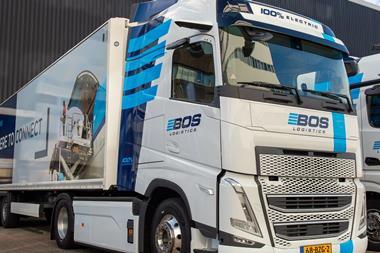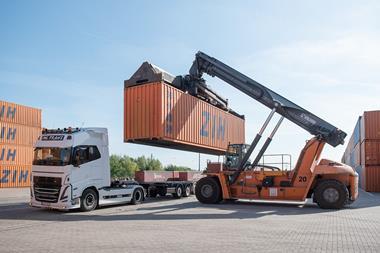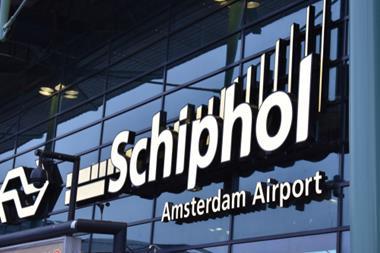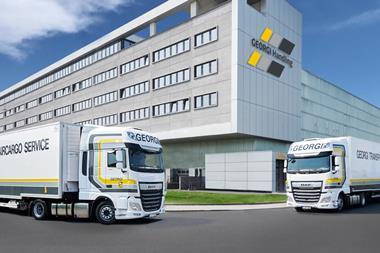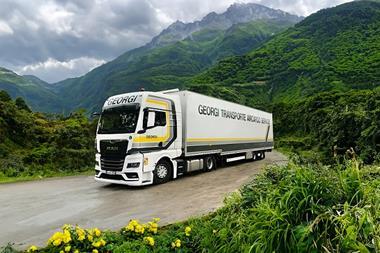The Transported Asset Protection Association’s (TAPA) has published all three levels of its Parking Security Requirements (PSR) certification programme for industry review.
The organisation, which aims to reduce the number of crimes related to trucks, said it is on course to launch the higher levels one and two of its Parking Security Requirements (PSRs) later this year, following the latest stage of consultation with its manufacturer and logistics service provider members, who have been asked to review the standards to confirm they are fit for purpose.
As well as addressing the critical issue of security, PSR also recognises the importance for sites to provide suitable driver facilities, which remains an important factor for drivers with the ability to choose where they park.
Cargo loss data for 2017 produced by TAPA’s Incident Information Service (IIS) revealed an 89.9% year-on-year rise in the number of freight thefts which occurred when trucks parked in unsecured parking locations, mostly due to the lack of secure parking options.
The over 2,000 such cargo crimes last year also accounted for the majority of the €105m of products stolen from supply chains in the Europe, Middle East and Africa (EMEA) region.
Thorsten Neumann, chairman of TAPA EMEA, said: “Sadly there is no quick fix to tackle the risks drivers and cargoes face when they have to stop in unsecured locations.
"However, at an industry level, we have to start providing more controlled parking areas that offer improved safety and security, and reduce the need for vehicles to stop in laybys, on industrial estates and at motorway service areas where statistics show they are highly vulnerable to attack.
"We are working hard to engage with Parking Place Operators to highlight the commercial benefits of being TAPA-approved, and we are also encouraging our members who book parking spaces to promote the new PSR standard to the parking site owners they know.”
The organisation also announced the signing of an MoU with SNAP Account, the cashless payment system for the haulage industry, which works with more than 3,000 transport operators.
Read more road feeder news





